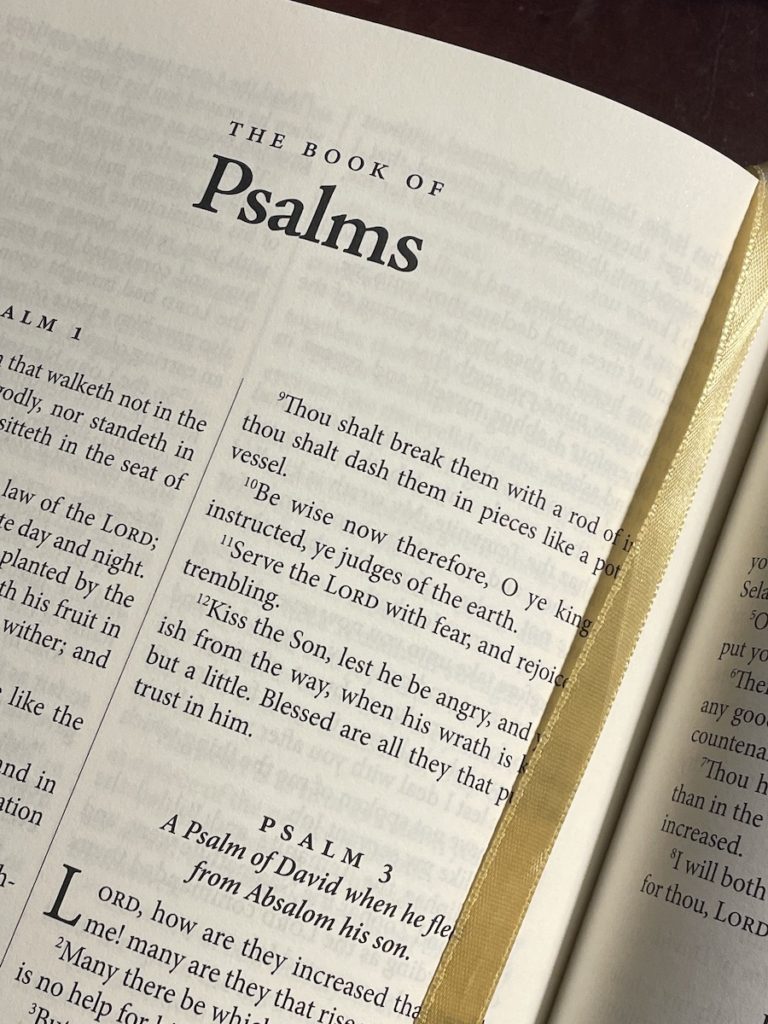
Psalm 58
Psalm 58:1–11, Overview of an imprecatory psalm.
Psalm 58 like many of the other imprecatory (from imprecation meaning “a spoken curse”) psalms expresses the extreme and overwhelming frustration, nay, the animus or antipathy that the righteous child of Elohim often viscerally feels toward the wicked evildoers that surround him, and the strong and yearning desire that one has for heaven to render judgment against those who hate all that is good. Is it a bad thing for righteous people to hate wickedness?

Is it sinful for YHVH’s saints to desire justice from the heavenly courts for the wrongs committed against them by their wicked, evil-doing and God-hating enemies? More importantly, are the imprecatory psalms opposed to Yeshua’s teaching to love one’s enemy? While this may appear to be the case, and many Christian Bible teaches aver this to be so, we will answer these questions, and upon closer examination, see that these imprecatory psalms express some deeper spiritual truths that are consistent with the totality of Scripture and are actually in line with the teachings of Yeshua. In analyzing this subject, we will use Psalm 58 as our launch pad into examining a larger subject suggested by the imprecatory verbiage found in biblical psalmic literature.
At the outset of this discussion, let’s establish one important fact. The author of the fifty-eighth psalm knows a basic Bible truth that is found in both the Old and New Testaments. It is that judgment against one’s enemies is ultimately in the hands of Elohim (Deut 32:35, 43; Ps 94:1–2; Rom 12:19; Heb 10:30); it is the Almighty who will arise and tread down and scatter one’s enemies (Ps 60:12; 68:1). In the mean time, however, while waiting for Elohim to act, the earth reels and struggles under the heavy and constant attacks of the wicked, and the psalmist cries out to Elohim to render judgment against the ungodly (Ps 58:6), which Elohim will eventually do. At that time, the righteous will rejoice (Ps 58:10). The time when heaven will balance the scales of justice cannot come soon enough for the oft persecuted and downtrodden saints, for it will be then when YHVH will reward the righteous and judge the wicked when he comes from on high (Ps 58:11).
Continue reading

